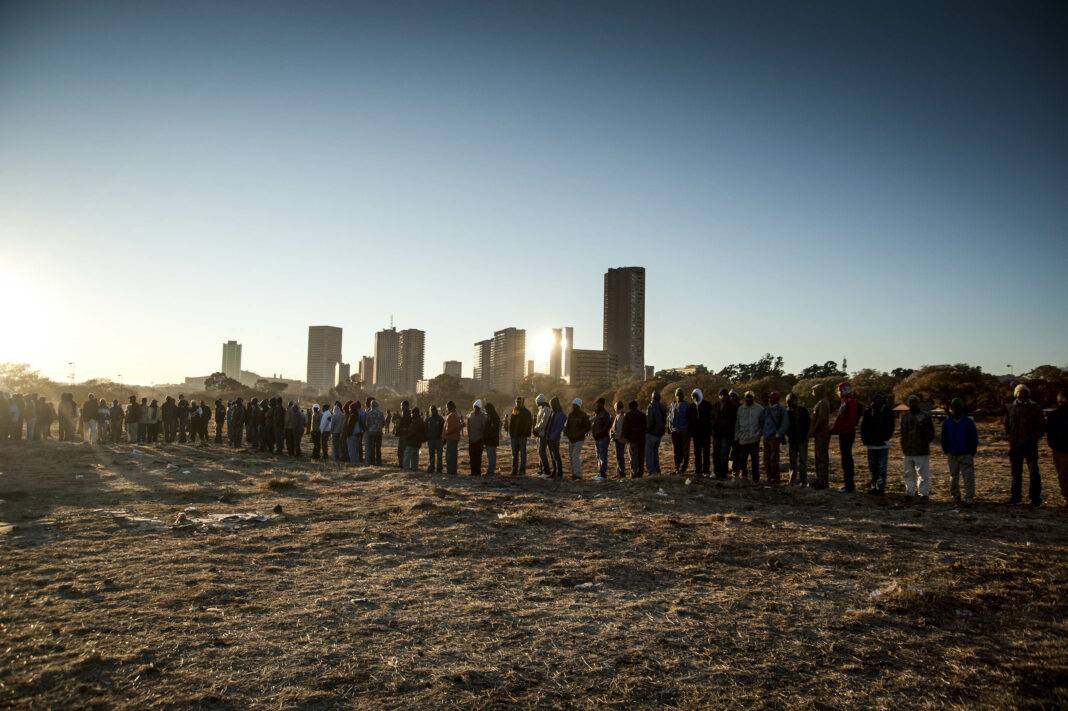The Pretoria high court has dismissed an application for a declaratory order guaranteeing the implementation of its earlier order that the protection afforded to Zimbabwe extension permit holders (ZEP) will remain in place until mid-2024, notwithstanding any appeal launched by Home Affairs Minister Aaron Motsoaledi. The court said that the applicants, the Helen Suzman Foundation and the Consortium for Refugees and Migrants in SA, were asking for protection they already enjoyed in terms of section 18 of the Superior Courts Act.
“The applicants are asking for what they already have by operation of the law in terms of section 18(2) of the Act. Moving this application in these circumstances was unnecessary.” The same court in June held that Motsoaledi’s decision to terminate the ZEP programme was unconstitutional and procedurally unfair. The decision had been challenged by the foundation and the consortium. The permits, which have allowed tens of thousands of Zimbabweans to live and work in South Africa, would have expired at the end of June this year, when what had been termed a final six-month grace period came to an end.
The court remitted the decision to Motsoaledi, and ordered that pending his decision all existing ZEPs will remain valid for the next 12 months. The minister said the ruling set a “dangerous” precedent and sought leave to appeal, but the court dismissed his application on 16 October. The foundation and the consortium filed their application for an enforcement order in September. They said such a declarator would ensure that the original order extending the validity of the permits for another year would not be suspended pending any appeal process. And they asked that it remain in place beyond the 12-month extension, if necessary, until all appeal processes had been exhausted.
The application was down for hearing on 26 October. On 17 October, after Motsoaledi was denied leave to appeal, the foundation wrote to the minister to seek an undertaking that he would “not be pursuing any further appeals”. His attorneys replied that none such would be given. It was the second time the foundation had written to the minister, the first being in August when it asked him for an undertaking that he would respect the court order, pending the appeal process. No undertaking was given.
In papers filed to the court, the foundation submitted that Motsoaledi’s reply and his vacillation on the meaning of the court order and his refusal to confirm that he would respect it, had caused much anxiety among ZEP holders, including that they could lose their ability to continue to work in South Africa, hence the need for a declaratory order. The court disagreed that there was a risk the feared consequences could materialise. It said the guarantee of protection of the rights of ZEP holders beyond the 12-month period, if the order is not implemented following further attempts by the minister to appeal, flowed from the Act as well as the court’s injunction that they are protected until the minister had taken a decision following a fair process.
Source: Mail and Guardian







